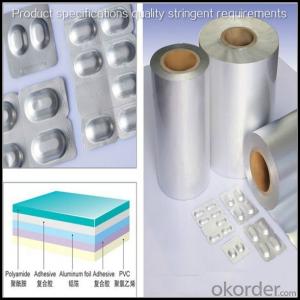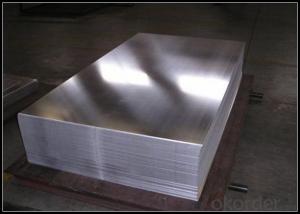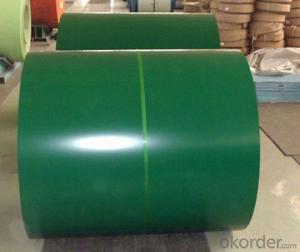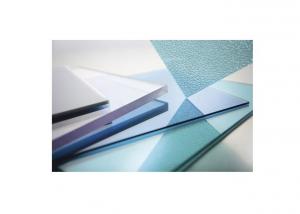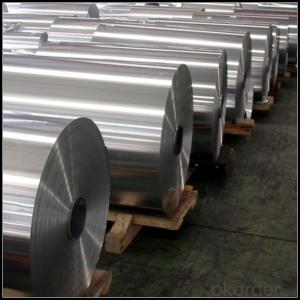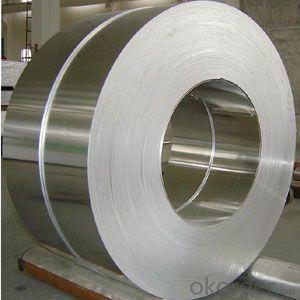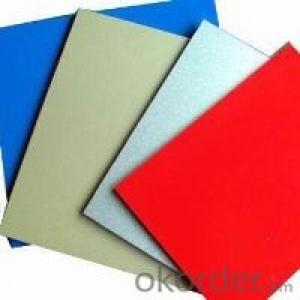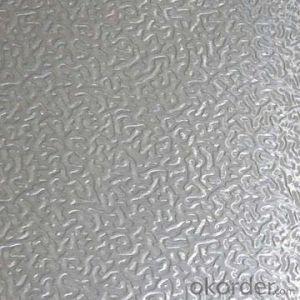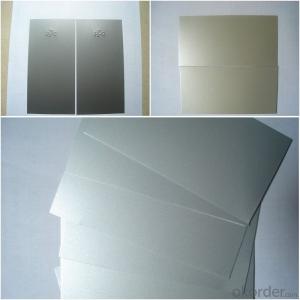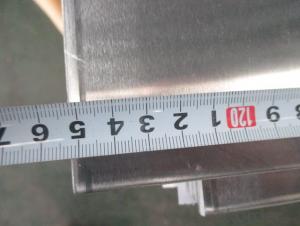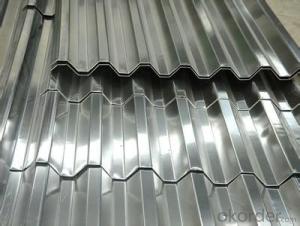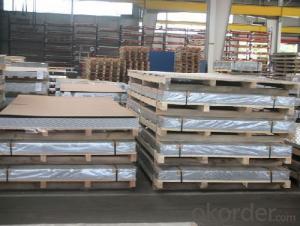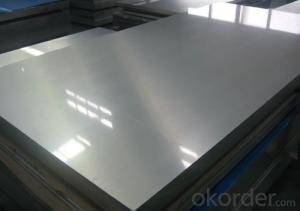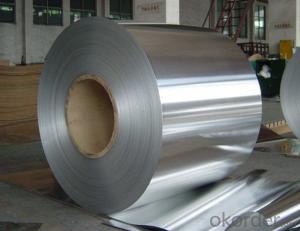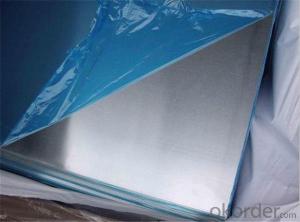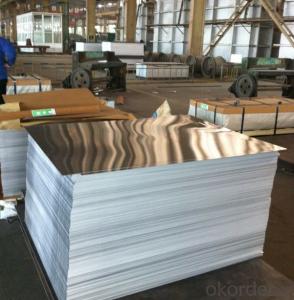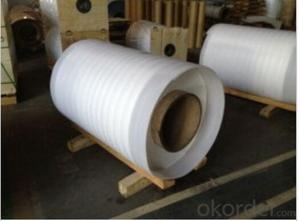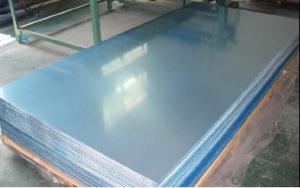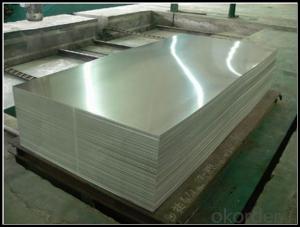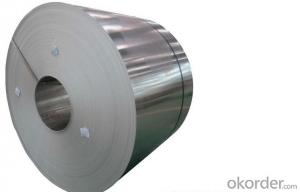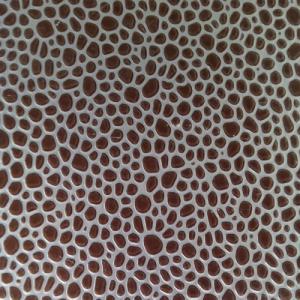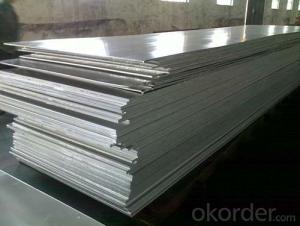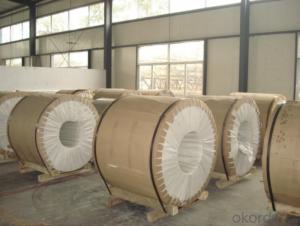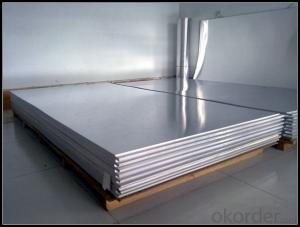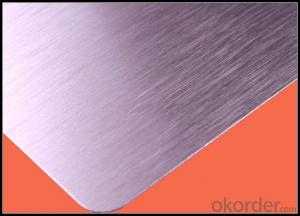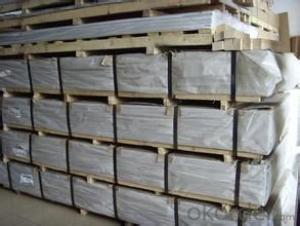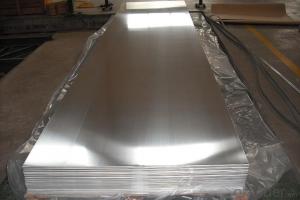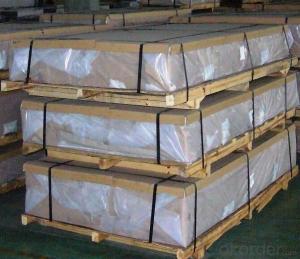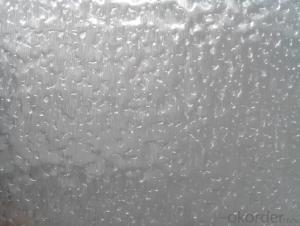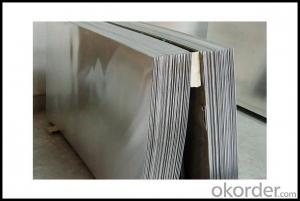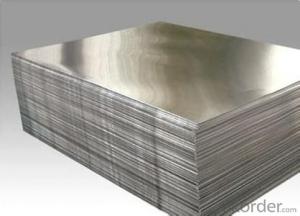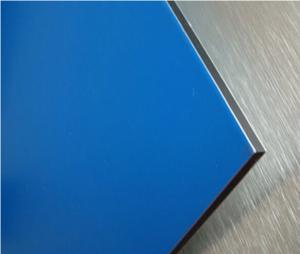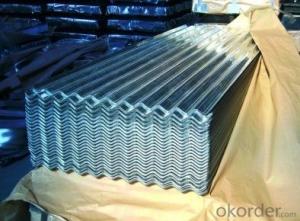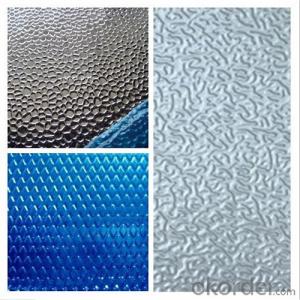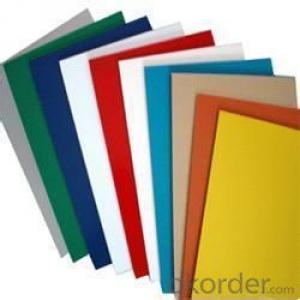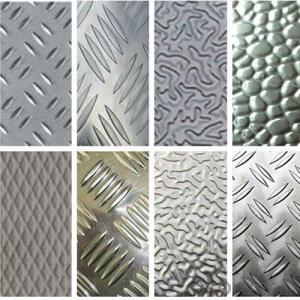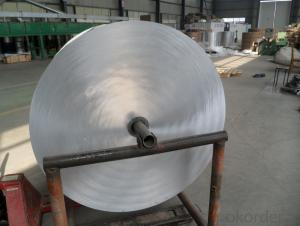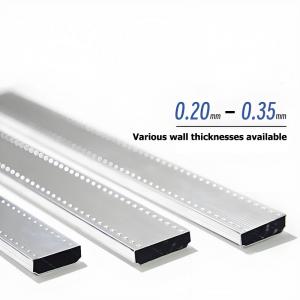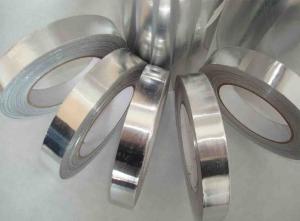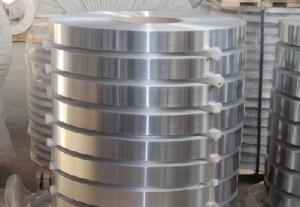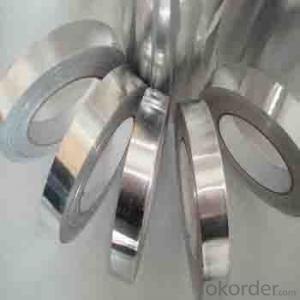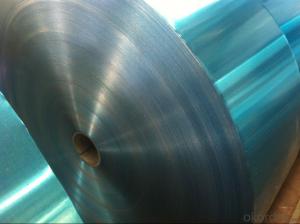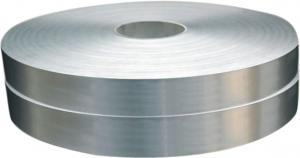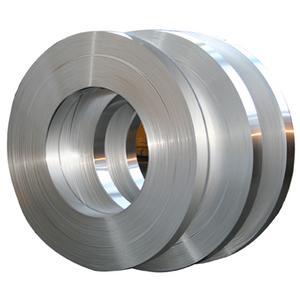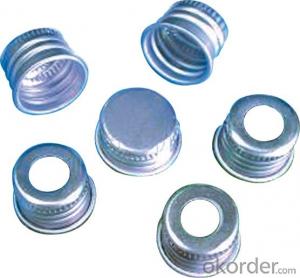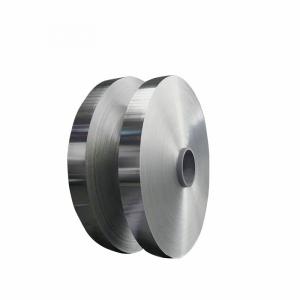Black Anodised Aluminium Sheet
Black Anodised Aluminium Sheet Related Searches
Clear Anodized Aluminum Sheet Polished Aluminum Sheet Black Anodized Aluminum Plate Black Anodized Aluminum Foil Anodized Aluminum Sheet Stock Corrugated Aluminum Sheet Aluminum Foil Sheet Black Aluminum Mesh Coil Coated Aluminum Sheet Rolled Aluminum Sheet Aluminum Sheet Plate Diamond Embossed Aluminum Sheet Black Aluminum Plate Sheet Of Aluminum Foil Aluminum Foil Baking Sheet Sheet Of Diamond Plate Aluminum Aluminum Sheet With Holes Matte Black Aluminum Foil Aluminum Checker Plate Sheet Colored Aluminum Foil Sheets Aluminum Sheet Metal Coil Diamond Plate Sheet Aluminum Aluminum Circle Sheet Aluminum Tread Plate Sheet Aluminum Sheet And Plate Aluminum Sheet Diamond Plate Aluminum Tread Plate Sheet Metal Black Aluminum Checker Plate Aluminum Sheet Coil Diamond Plate Aluminum SheetsBlack Anodised Aluminium Sheet Supplier & Manufacturer from China
Black Anodised Aluminium Sheet is a type of metal material known for its enhanced durability and corrosion resistance, making it ideal for various applications. This product is specifically designed to offer a sleek, black finish that is both aesthetically pleasing and functional, providing a strong and long-lasting surface. The unique properties of black anodised aluminium sheets make them suitable for a wide range of uses, including architectural projects, automotive components, and consumer electronics. Their ability to withstand harsh weather conditions and resist scratches and dents makes them a popular choice in the manufacturing industry. Okorder.com is a reliable wholesale supplier of Black Anodised Aluminium Sheet, boasting a substantial inventory that caters to the needs of various industries. With their extensive collection, customers can find the perfect black anodised aluminium sheet for their specific requirements.Hot Products
